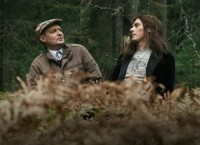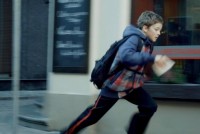WARSAW: A delegation of creators, artists, performers and directors members of the coalition of the 6200 creators who have submitted a petition calling on the European Parliament to exclude culture from EU-US trade talks will be in Strasbourg next Tuesday, June 11. The delegation has called an open press conference at 17:00-17:30 at the European Parliament and journalists are invited to attend.
This month we focus on Cinema Victoria and we speak to its director, Gabriela Bodea.
FNE together with Europa Cinemas continues its Cinema of the Month series. In recognition of the hard work and excellence of European cinema operators we choose a cinema from each country covered by FNE each month.
FNE together with Europa Distribution continues its Distributor of the Month series. In recognition of the hard work and excellence of European distributors and the common problems they face, especially in the transition to digitalization, we choose a distributor from each country covered by FNE each month.
FNE TV spoke to Hrvoje Hribar head of the Croatian Audiovisual Centre (HAVC) about the recent string of successes for Croatian films both at the domestic box office and internationally and the challenges that still lie ahead. See the full interview on FNE TV.
LONDON: London-based documentary sales agency Taskovski Films announced the sale of Documentarian to Canadian distributor Kinosmith.
TALLINN: Estonia reached a 20 year high in cinema attendance in 2011, with 2.5 m tickets sold at an average price of 4.1 EUR, an increase of 100,000 tickets over 2011.
CANNES: Polish director Roman Polanski received a Best Director prize from his homeland in the form of the Polish Eagle, presented to him in Cannes by Dariusz Jablonski, President of the Polish Film Academy, and Polanski’s friend and coproducer Andrzej Serdiukow.
WARSAW: Polish based sales company New Europe Film Sales announced the sale of all rights for Latvian film Mother I Love You to South Korea.




























